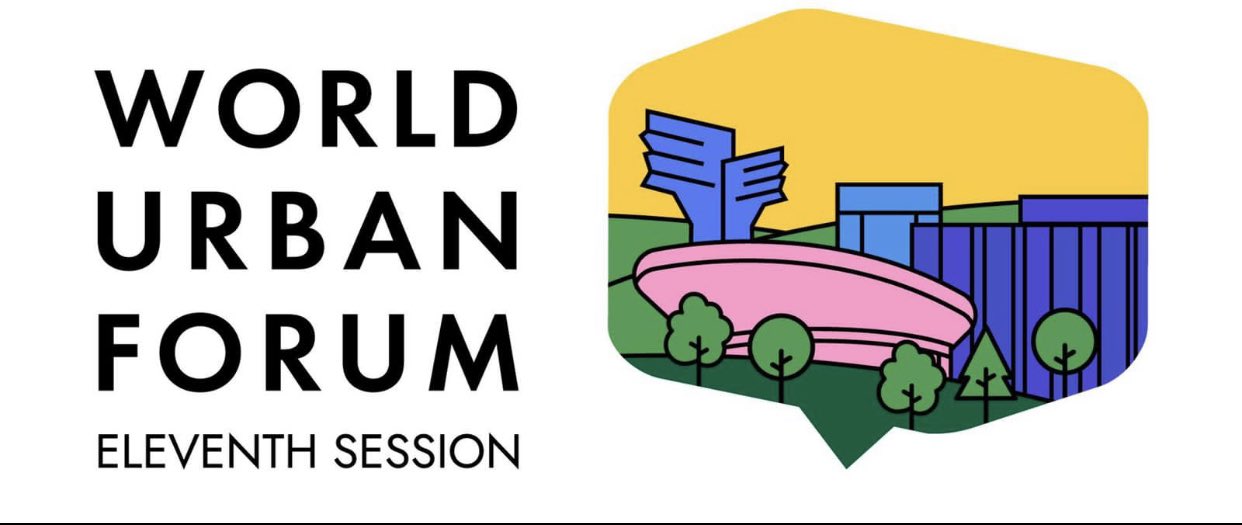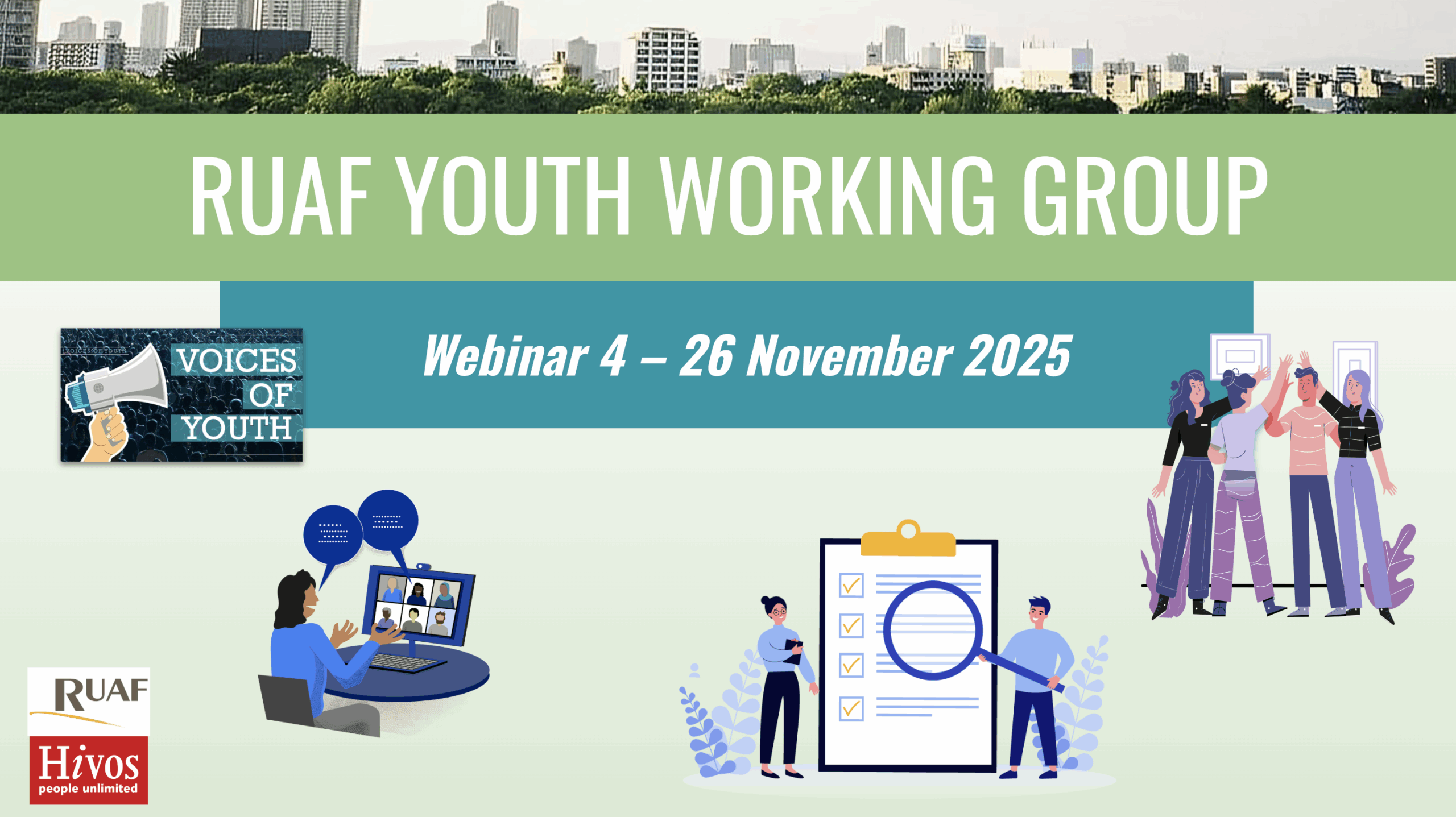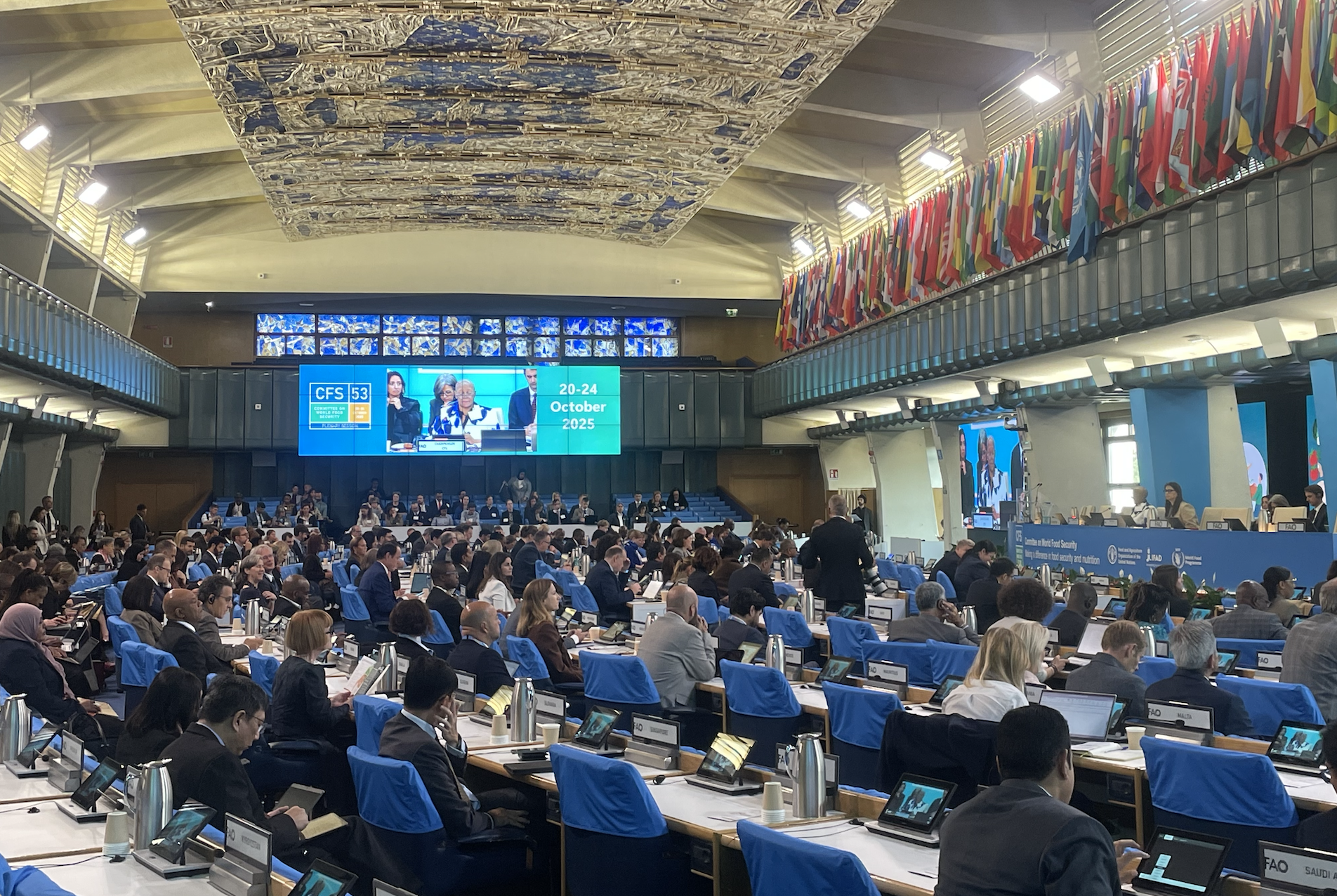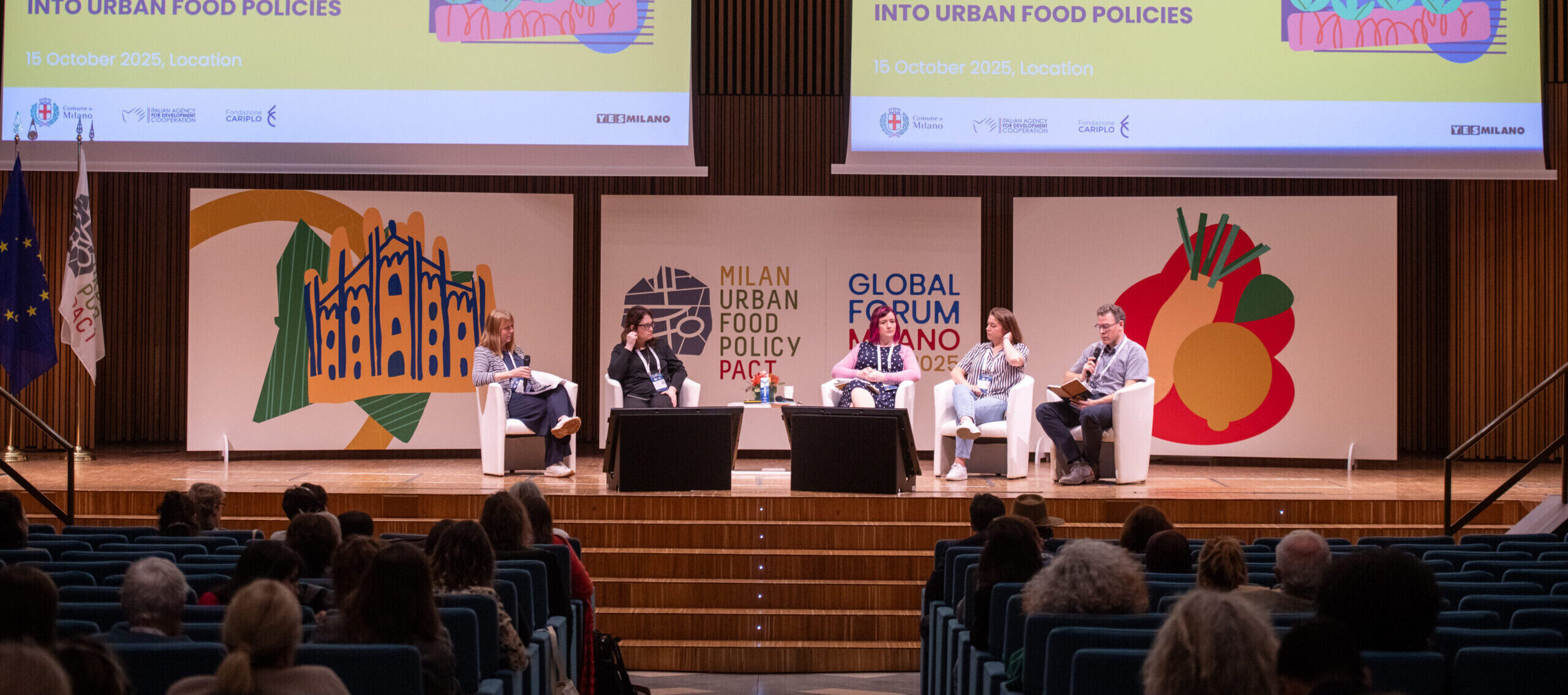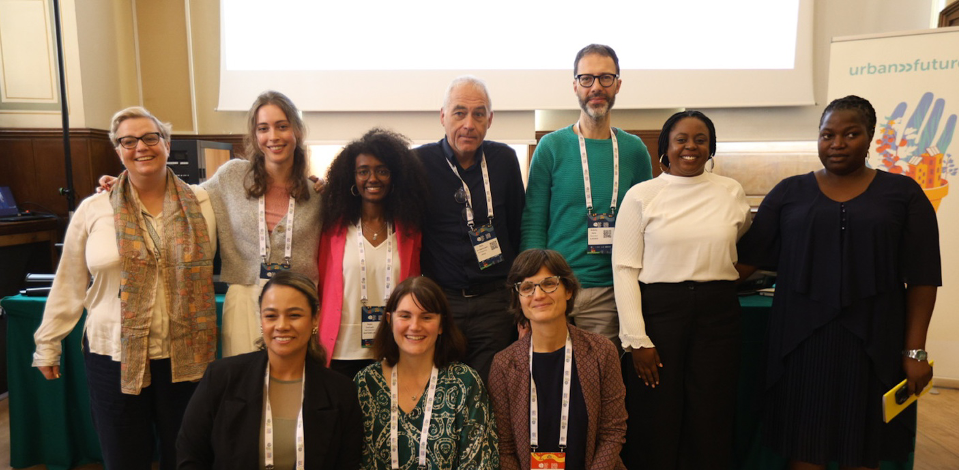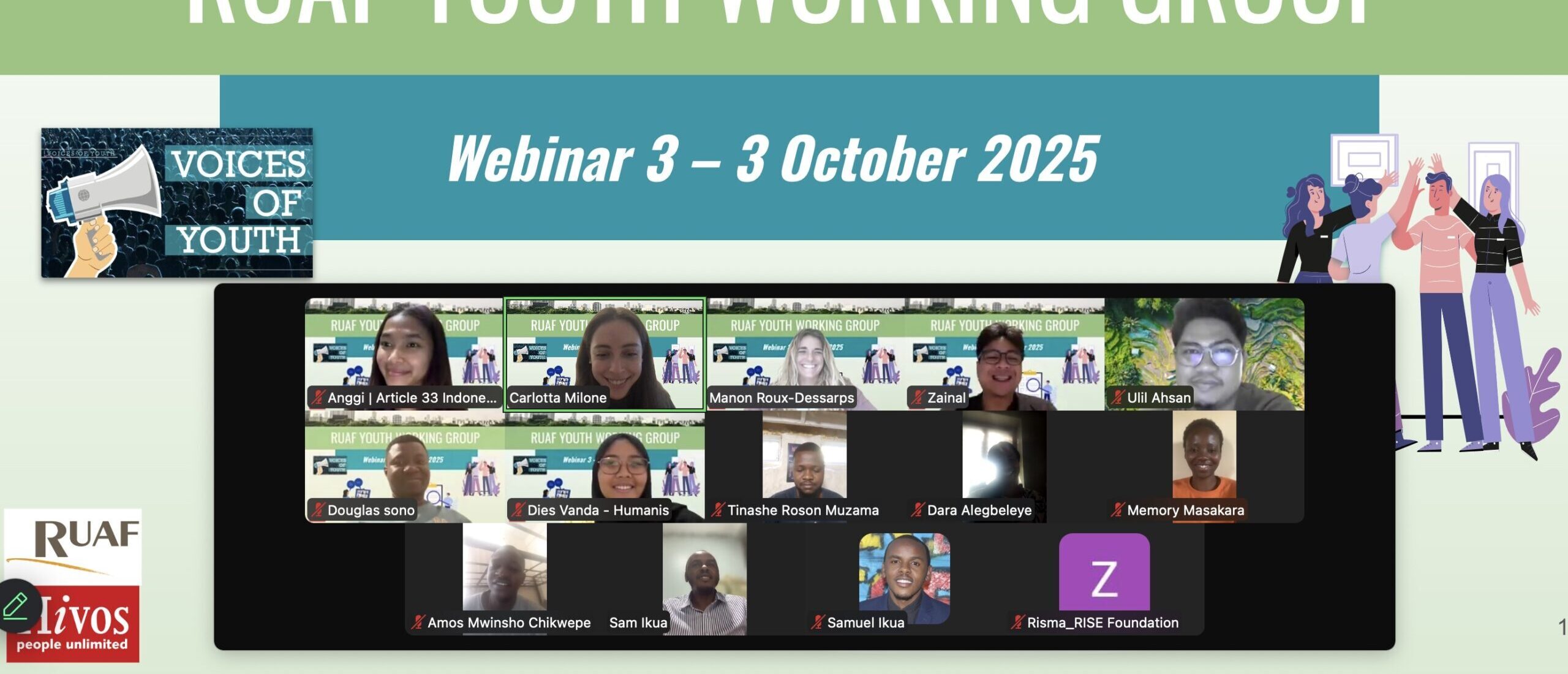RUAF, FAO and CGIAR are co-organising a networking session at the 11th World Urban Forum entitled “City region food systems: strengthening resilience against multiple shocks and stresses”.
Established in 2001 by the United Nations, the World Urban Forum (WUF) is the premier global conference on sustainable urbanisation. Co-organised by Poland’s Ministry of Development Funds and Regional Policy, the Municipal Office of Katowice, this year’s event will be held in Katowice from June 16-30, with the theme “Transforming our Cities for a Better Urban Future”.
RUAF at the WUF
The in-person networking event takes place on Monday 27th June from 16h – 17h30 CEST in Multifunction Hall Room 7 of the Katowice Congress Centre. The event focuses on the imperative for cities to take a territorial approach to building food systems resilience, at a time when activities throughout supply chains are vulnerable to multiple shocks and stresses – including climate events, pandemic-related disruptions, and the impacts of interstate conflict.
The event will be a forum for dialogue between expert speakers, urban representatives, and the audience for the exchange of knowledge and experiences in multistakeholder assessment and planning, and adaptability of interventions to different contexts. It will be chaired by Guido Santini, Programme Coordinator, CRFS and Green Cities Initiative, at FAO.
The first part of the event will introduce two initiatives in which RUAF is a partner that offers technical support to urban and city region food systems stakeholders.
Jess Halliday, RUAF Associate, will provide an introduction to the City Region Food Systems (CRFS) assessment and planning process, developed by FAO and RUAF, which has been piloted in 11 city regions to date.
Simon Heck, Programme Director, International Potato Centre, will introduce a new research initiative on Resilient Cities through Sustainable Urban and Peri-urban Agrifood Systems, launched by the global CGIAR science partnership for a food secure future as part of its Research and Innovation Strategy to 2030.
Following these introductions, a representative of the global Resilient Cities Network and representatives of the cities of Quito (Ecuador), Kigali (Rwanda), and Quelimane (Mozambique) share their experiences of taking inclusive, risk-sensitive and holistic territorial approach to food systems and building resilience.
The presentations will be followed by a panel discussion and Q&A with participants.
More information on the event is here.
Date and Time: Monday, June 27, 2022 | 16:00-17:30 CEST
Location: Multifunction Hall Room 7
Organization: RUAF, CGIAR, and Food and Agriculture Organization (FAO).
Why food must be included in urban and city region resilience plans
More than half of the world’s population lives in urban areas, while 80% of all food produced is destined for consumption in urban spaces. Social, economic, and environmental sustainability of food systems and the evolution of urban diets will be largely dependent on the management of food systems in urban and peri-urban areas. Cities are intrinsically connected with their surrounding peri-urban and rural areas by flows of people, goods, food, natural resources and ecosystem services. Urban-rural partnerships and intermunicipal cooperation always extend beyond administrative boundaries. Faced with the challenges of rapid urbanisation, the climate emergency, pandemics, and social inequalities, there is an urgent need to valorise and strengthen city region food systems, to ensure their contribution to food and nutrition security and to wider socio-economic and environmental outcomes.
The character of the food system differs dramatically from city region to city region, as do socio-economic context, governance structure, climate change scenarios and other likely hazards. For this reason, there is no one size-fits all approach to increasing food system sustainability and resilience. Interventions must be context-specific and developed following an assessment; they must aim to strengthen all five types of resilience capacities: preventative, anticipatory, absorptive, adaptative, and transformational.
About the City Region Food Systems approach
The City Region Food Systems (CRFS) approach has been developed by FAO and RUAF and piloted in 11 city regions to enhance resilience and sustainability of food systems that span urban, peri-urban and rural areas. The CRFS process is underscored by multi-stakeholder participation and promotes continuous, inclusive engagement of all relevant food system stakeholders in the city region, awareness raising, and sharing of knowledge and perspectives. By building shared ownership, the process can secure broad multi-stakeholder involvement in planning and implementing actions.
A new handbook and online toolkit containing detailed guidance, tools and examples will be launched later this year. These resources include a comprehensive monitoring system, and incorporate lessons from the COVID-19 pandemic and climate crises.
About the Resilient Cities research initiative
This Resilient Cities Initiative provides scientific and technical support for urban food system stakeholders in Low and Middle Income Countries in critical areas, such as waste management and circular economy, informal markets and urban planning, employment generation, food safety and nutrition. The initiative takes a CRFS approach with RUAF and FAO as partners that will link the research community to global and regional city networks and partnerships.

